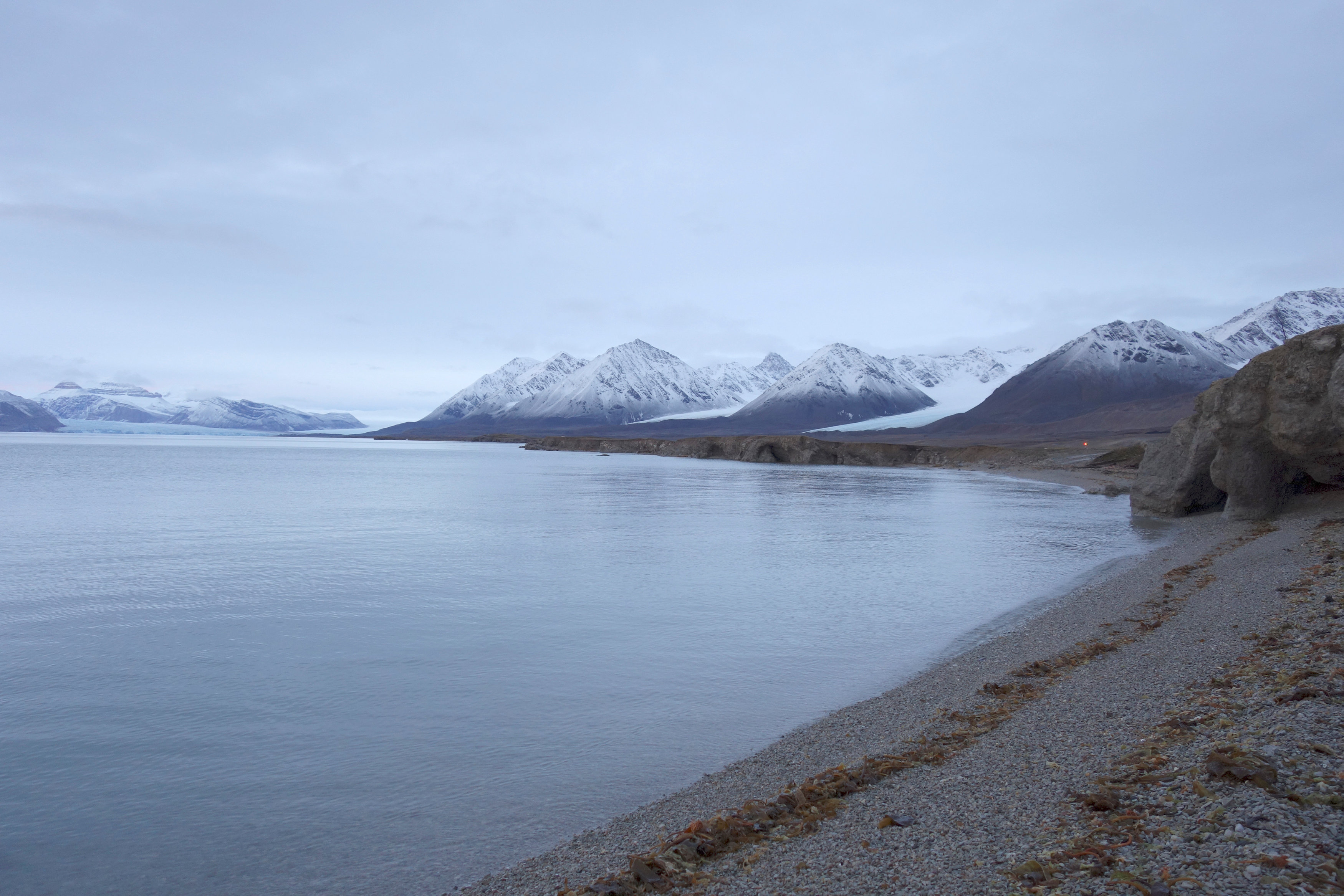After a year marked by collaboration in the Arctic, change is ahead

Before the peaceful transition within the U.S. government is completed, we would like to reflect on the current state of Arctic policy, recognize the past year’s momentous international cooperation and accomplishments, and look forward to the coming year of change.
The roster of 2016 accomplishments was very impressive, mostly because of the collaboration among the Arctic states and stakeholders in research and policy in an unusually busy year. Allow us to offer the following highlights:
Science diplomacy and the White House Arctic Science Ministerial
This ministerial-level meeting produced a joint statement that recognized the importance of international collaboration and the participation of Arctic Indigenous peoples in Arctic science.
In connection with the meeting, the U.S. Arctic Research Commission compiled a summary of Arctic research conducted by all 25 participating nations. Collaborative efforts that came out of the meeting included the Integrated Arctic Observing System in the European Union that involves scientists from 14 nations, and the “Eyes North” project coordinated by the National Science Foundation, where scientists and Arctic residents collaborate on Arctic community-based observation networks.
Dr. John Holdren, Director of the White House Office of Science and Technology Policy, organized a pre-meeting event with tribal leaders from across the Arctic region to further the goal of Indigenous peoples’ participation and interaction with Arctic science.
A separate research-focused development, the Fulbright Arctic Initiative, brought together scholars from around the world to focus on energy, water, health, and infrastructure. The initiative, which continues through this year, will give the scholars the opportunity to work together on future collaborative research.
Applied research to promote clean, safe seas
The inaugural passage of the Crystal Serenity through Arctic waters not only grabbed the attention of the maritime safety community but as the broader public. The voyage gave the cruise line and the coast guards of the U.S. and Canada an opportunity to coordinate with each other to ensure the vessel’s safe passage.
The Arctic Coast Guard Forum promoted a collaborative approach toward safety in the Arctic, allowing for gaps in response capability to be identified and filled. Since the forum’s establishment, working groups have put forward strategies aimed at better regional collaboration and effectiveness.
There were several other maritime safety initiatives worth noting, including the table-top exercise held in Reykjavik in April and new rules, issued by the Obama administration, to increase safety and environmental protection for offshore oil and gas exploration and development.
Local decision-making and economic opportunity through international agreements
The Arctic Economic Council released its 2016-2018 Strategic Plan, featuring collaborative goals and actions with five overarching themes. The plan calls for establishing market connections between Arctic States, encouraging public-private partnerships for infrastructure investments, creating stable and predictable regulatory frameworks, facilitating knowledge and data exchange between industry and academia, and using traditional Indigenous peoples’ knowledge and stewardship to guide business development.
Relatedly, the Arctic Governance Project continued its work aiming to increase the influence of the Arctic Council Permanent Participants in the higher level decision-making process at the Arctic Council.
Several other events and agreements from the past year illustrate the broad range of Arctic policy development.
- A joint U.S.-Canada statement focused on the continued implementation of the Paris Climate Agreement and on encouraging other nations to do the same. Indigenous rights and issues were another key aspect.
- A joint U.S.-Nordic statement pledges to deepen U.S.-Nordic cooperation on international issues such as security, defense, migration, refugees, climate, energy, Arctic economic growth, and global development.
- The Top of the World Arctic Broadband Summit was held in Barrow and Quintillion gave an update on its subsea cable system, currently being constructed to bring high speed internet to the North American Arctic for the first time, with service starting in 2017.
- U.S. Arctic Research Commission working groups released reports on Mental Health, Renewable Energy, and Rural Water and Sanitation.
Collaboration morphs into change in the Arctic in more ways than one
If 2016 was a year of collaboration and accomplishment that put the structure in place for future events, then 2017 will be a year of change.
Geopolitical tensions, a new U.S. administration, and Finland assuming the Arctic Council chairmanship are all factors that will shape this year. However, the Arctic is often referred to as a bright spot for international cooperation and has proven to be an excellent incubator for science diplomacy.
Many opportunities await action, and if we can take advantage of the groundwork that is already in place, we can continue collaborating at all levels of government and among different sectors.
This article was written jointly by Institute of the North and the North Star Group. Institute of the North, based in Alaska, is a convening and research organization that addresses economic and social development in the Arctic. The North Star Group is an Alaska-DC consulting service and publisher of The Arctic Report, a semi-monthly publication that monitors Arctic Council and Arctic issues on behalf of Alaska in Washington, D.C.
The views expressed here are the writer’s and are not necessarily endorsed by Arctic Now, which welcomes a broad range of viewpoints. To submit a piece for consideration, email commentary (at) arcticnow.com.